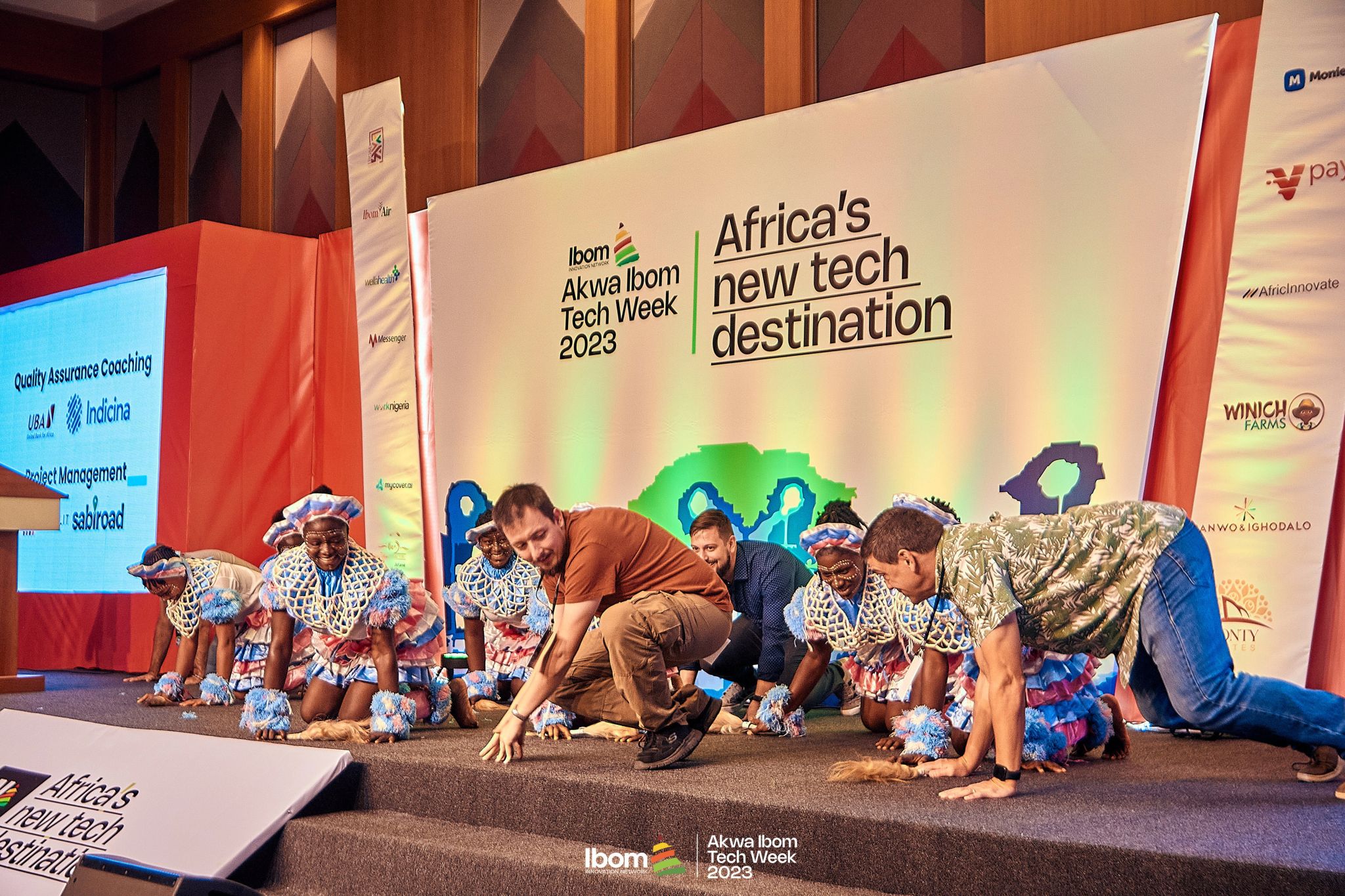According to the ICS threat landscape (https://bit.ly/3rGQgxM) report by Kaspersky (www.Kaspersky.co.za), in the first half of 2022 in the African regions computers in the industrial control systems (ICS) environment were attacked using multiple means – malicious objects, phishing pages, and spyware.
ICS computers are used in oil & gas, energy, automotive manufacturing, building automation infrastructures and other spheres to perform a range of OT functions – from the workstations of engineers and operators to supervisory control and data acquisition (SCADA) servers and Human Machine Interface (HMI). Cyberattacks on industrial computers are considered to be extremely dangerous as they may cause material losses and production downtime for the controlled production line and even the facility as a whole. Moreover, industrial enterprises put out of service can seriously undermine a region’s social welfare, ecology and macroeconomics.
In the first half of 2022 in the META region ICS computers in the oil and gas sector faced attacks most often (47% of them got attacked). Attacks on building automation systems were in the second place – 45% of ICS computers in this sector were targeted. The energy sector was also among the top-3 environments that got attacked (41% computers there were affected).
In total, over the last six months various types of malicious objects were blocked on every third ICS computer in South Africa (33%, 11% increase from the second half of 2021), and on 36% of computers in Kenya (20% increase from the second half of 2021). In Senegal there were 41% of ICS computers on which malicious objects were blocked, in Nigeria – 34%, in Gabon – 38%.
Table #1. Percentage of ICS computers on which malicious objects were blocked
|
Kenya |
36% |
|
Gabon |
38% |
|
Nigeria |
34% |
|
Senegal |
41% |
|
South Africa |
33% |
Malicious scripts and phishing pages were among the most popular means of attacking ICS computers in the African regions. In H1 2022 such scripts and pages were blocked on 19% of ICS computers in South Africa, a 12% increase from H2 2021. In Senegal, Nigeria and Gabon, 13% of ICS computers were affected, in Kenya – 17%.
Table #2. Percentage of ICS computers with blocked malicious scripts and phishing pages
|
Kenya |
17% |
|
Gabon |
13% |
|
Nigeria |
13% |
|
Senegal |
13% |
|
South Africa |
19% |
Approximately every tenth ICS computer in the African regions in H1 2022 had spyware on it blocked. Specifically, spyware was blocked on 9% of ICS computers in South Africa and Gabon, 12% in Kenya, 11% in Senegal, 8% in Nigeria.
Table #3. Percentage of ICS computers with blocked spyware
|
Kenya |
12% |
|
Gabon |
9% |
|
Nigeria |
8% |
|
Senegal |
11% |
|
South Africa |
9% |
“Sophisticated attacks have increased the demand for better visibility of the cyber-risks that impact industrial control systems. The integration of IT and OT systems has highlighted the need for a comprehensive yet purposely built cybersecurity program. Digital transformation programs require a new approach to ensure the secure deployment and operation of a variety of new, potentially unsafe devices within plant boundaries. Given this new reality, the Industrial Cybersecurity Maturity Modeling approach* might be used to define clear industrial cybersecurity targets and to measure how these targets are met,” says Emad Haffar, Head of Technical Experts at Kaspersky.
Read more about the ICS threat landscape in H1 2022 on the Kaspersky ICS CERT website (https://bit.ly/3yrRKje).
To keep your OT computers protected from various threats, Kaspersky experts recommend:
- Conducting regular security assessments of OT systems to identify and eliminate possible cyber security issues.
- Establishing continuous vulnerability assessment and triage as a basement for effective vulnerability management process. Dedicated solutions like Kaspersky Industrial CyberSecurity (https://bit.ly/3fJgnS3) may become an efficient assistant and a source of unique actionable information, not fully available in public.
- Performing timely updates for the key components of the enterprise’s OT network; applying security fixes and patches or implementing compensating measures as soon as it is technically possible is crucial for preventing a major incident that might cost millions due to the interruption of the production process.
- Using EDR solutions such as Kaspersky Endpoint Detection and Response (https://bit.ly/3RPzZl5) for timely detection of sophisticated threats, investigation, and effective remediation of incidents.
- Improving the response to new and advanced malicious techniques by building and strengthening your teams’ incident prevention, detection, and response skills. Dedicated OT security trainings for IT security teams and OT personnel is one of the key measures helping to achieve this.
Reference:
*Page 22 of the Kaspersky report The State of Industrial Cybersecurity in the Era of Digitization (https://bit.ly/3T6eBJh).


















